Space
Sign up for our newsletter
We summarize the week's scientific breakthroughs every Thursday.
-
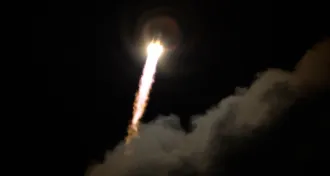 Astronomy
AstronomyGaia spacecraft launches to map Milky Way
The ESA spacecraft blasted off from Europe’s Spaceport in Kourou, French Guiana, at 4:12 am EST.
-
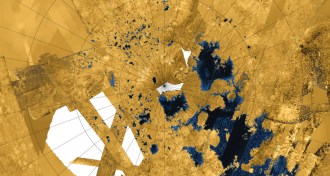 Planetary Science
Planetary ScienceSinkholes, tectonics may have shaped Titan’s lakes and seas
A map of Saturn’s largest moon reveals clues about the object's landscape.
By Meghan Rosen -
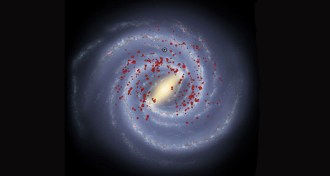 Astronomy
AstronomyMilky Way may indeed have four spiral arms
In 2008, the galaxy lost two of its spiral arms. But it may be getting them back.
-
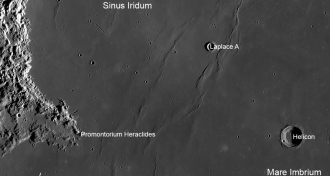 Astronomy
AstronomyChina’s Chang’e-3 craft lands on the moon
The unmanned Chang’e-3 lunar lander and Yutu rover have made it to the moon's surface.
-
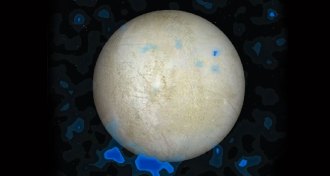 Planetary Science
Planetary ScienceEuropa vents water, Hubble data suggest
Plumes from ice-covered oceans would increase likelihood of life-friendly conditions on one moon of Jupiter.
By Andrew Grant -
 Cosmology
CosmologyCosmic inflation has its flaws, but so do its critics
Philosophical predispositions color efforts to debunk a popular theory about the evolution of the universe.
-
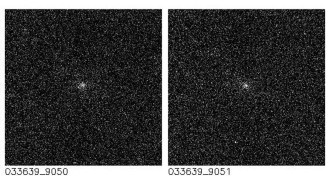 Astronomy
AstronomyComet ISON was punier than previously thought
The ice ball was probably no wider than New York’s Central Park.
-
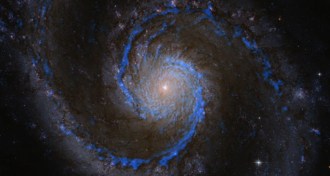 Astronomy
AstronomyGalaxy’s cloud catalog reveals hydrogen fog
Fifty percent of the molecular hydrogen exists in a gas layer that spreads throughout the Whirlpool galaxy and envelopes the giant clouds where stars form.
-
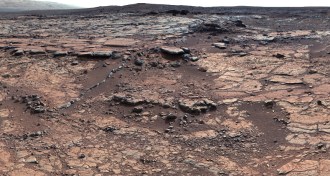 Planetary Science
Planetary ScienceMars was habitable longer, more recently than thought
Warmer, wetter conditions lasted until 3.5 billion years ago on the Red Planet.
By Andrew Grant -
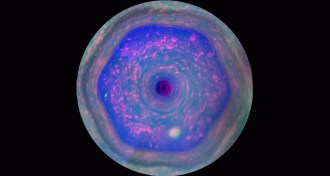 Astronomy
AstronomySaturn’s six-sided cloud pattern gets a close look
New images show particles in the planet’s hexagonally shaped jet stream.
-
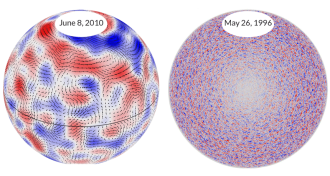 Astronomy
AstronomySun’s rotation driven by enormous plasma flows
Long-lasting plasma flows 15 times the diameter of Earth transport heat from the sun’s depths to its surface, helping explain solar rotation.
-
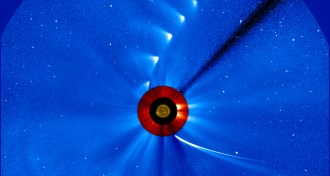 Astronomy
AstronomyISON appears to have broken up after brush with sun
Comet ISON has disintegrated in the sun’s intense heat and gravity, according to a growing consensus among astronomers.